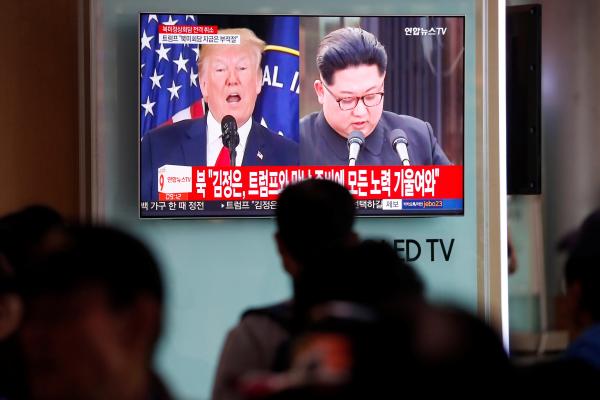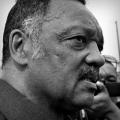Many steps have been taken toward peace on the Korean peninsula — the united North Korea and South Korea team at the PyeongChang Olympics, the Inter-Korean Summit on April 27 2018, and the release of three American prisoners in North Korea as a gesture of peace toward the U.S. were steps forward.
But the cancelation of the meeting between Donald Trump and Kim Jung-un is troubling.
The historic meeting was set for June 12 in Singapore, but was cancelled by Trump this month. The U.S. approach to this meeting was concerning. Trump felt that the U.S. did not have to do anything to prepare for the June meeting. He continues to keep a military presence in South Korea with joint U.S. and South Korean military exercises that have always been a threat and irritation to North Korea. The mere presence of 25,000 U.S. Troops in South Korea heightens the suspicions and anxieties of Kim Jong un and the North Korean people. Trump has become blind to the need for diplomacy.
Also, U.S. National Security Advisor John Bolton recently said that Trump should use the Libya model on denuclearization when dealing with North Korea. Soon after Bolton’s statement, the First Vice-Minister of Foreign Affairs of the Democratic People’s Republic of Korea issued a statement reading in part:
High-ranking officials of the White House and the Department of State including Bolton, White House national security adviser, are letting loose the assertions of so-called Libya mode of nuclear abandonment, "complete, verifiable and irreversible denuclearization", "total decommissioning of nuclear weapons, missiles, biochemical weapons". etc, while talking about formula of "abandoning nuclear weapons first, compensating afterwards.
His words indicate that North Korea has doubts about the U.S.'s intentions for dialogue. They harbor concerns that the U.S. may intend to approach North Korea in the way that they approached Libya and Iraq.
Donald Trump withdrew from Obama's Iran Nuclear deal saying it was the worst deal in history and should never have been made. While no deal is perfect, virtually all experts said it was the most comprehensive and provided the tightest inspections of any deal on nuclear weapons in history.
To surpass the Iranian agreement, any final deal that Trump strikes with North Korea must be much better and more comprehensive in its inspections of the country’s nuclear facilities. Trump has offered no concessions and continues to offer provocations. On May 24, Trump canceled the Singapore summit and warned North Korea that the U.S. military is ready to act should Pyongyang take any "foolish and reckless" action.
This is, again, a step backwards.
For peace to happen, diplomacy, not provocation, is essential. The cycle of fear that has gripped the peninsula since its division must be broken. Talks must resume and the summit should have gone on.
Four million Koreans died during the Korean War. The civilian death toll exceeded that of the Vietnam War and more than ten million families remain separated. After sixty years Koreans still wait for a peace treaty to end the war.
Still, Koreans on the peninsula and in the diaspora are hopeful of a possibility of peace and reunification.
With the Inter-Korean Summit, Koreans gained some relief, hope, and excitement for family reunification. Now with the Singapore summit cancelled, we hope that other means of peace talks and reconciliation can resume in the future. Let us offer our prayers and support to end this conflict and bring peace to Korea.
Got something to say about what you're reading? We value your feedback!






